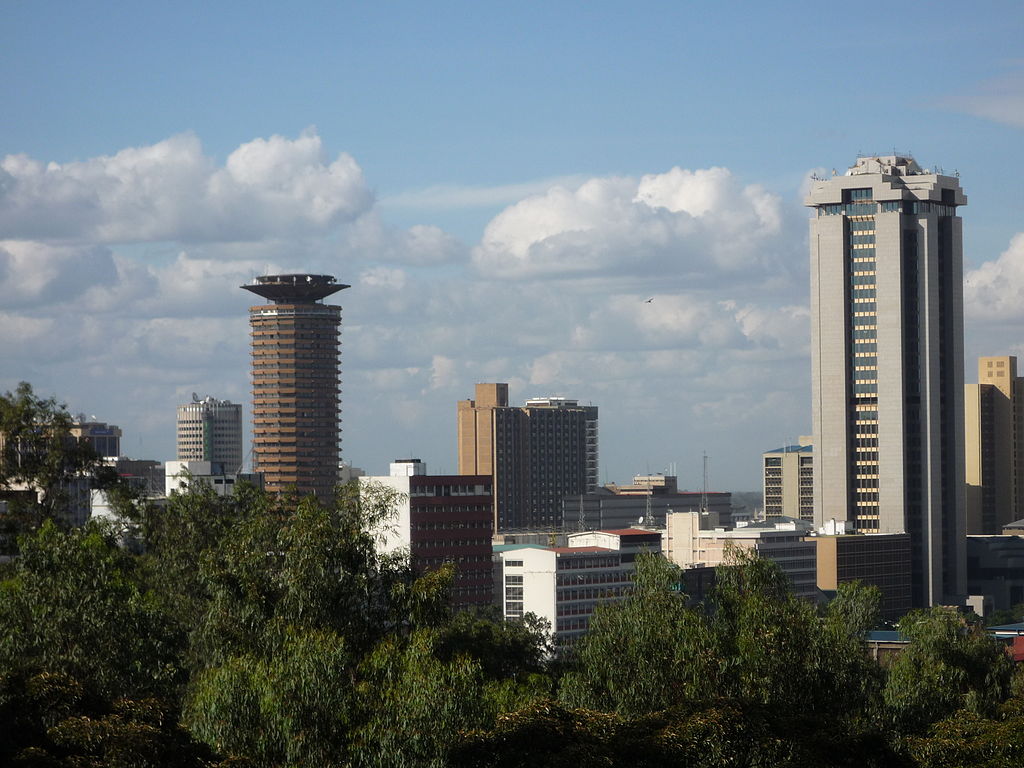The Kenyan capital of Nairobi and other emerging cities in Africa are proof that the continent’s tech startup ecosystems can surge and compete internationally despite limited broadband connectivity and skilled individuals, according to World Bank ICT innovation specialist Victor Mulas.
In a blog post, Mulas writes that tech startup ecosystems are growing in cities around the world, both in developed and developing countries, with studies showing innovation was moving from suburbs to downtown areas not just in the United States (US) but in many other countries across the world.
He said the World Bank had been researching whether there is a minimum set of requirements for such downtown startup ecosystems to emerge, particularly with regard to infrastructure or the technical skills of the population. According to Mulas, the minimum level is “much lower” than many would expect.
“What we are encountering is that, although you need a minimum level of infrastructure, e.g. at least some broadband connectivity and mobile phone networks, this level is much lower than many people expect,” he said.
“A city does not need to have 4G mobile broadband or widespread fibre-optic fixed broadband widespread. It is enough to have broadband connection in some key points – particularly hubs and collaboration spaces – and basic mobile phone coverage and use – such as 2G mobile phone service.”
He said the World Bank had come to a similar conclusion with regard to the skill level of the population, with half the employment created even in New York’s tech ecosystem not requiring a bachelor’s degree.
Mulas pinpoints a number of African countries as examples of these lowered minimum requirements, saying these ecosystems “can not only surge, but also compete internationally despite having limited broadband connectivity”.
“Technology startup communities have surged in many countries in Africa. South Africa, Ghana, Nigeria, Kenya and Tanzania are some of the countries where technology startups have been emerging, forming communities of entrepreneurs as a result,” he said.
“This transformation has occurred despite the level of available broadband and connectivity, which differs substantially from that of European countries or the United States, for instance. In many of these African countries, there is no abundance of broadband, quality is low and internet access is expensive relative to what developed countries pay.”
He said Nairobi was one of the most successful examples of such an innovation ecosystem.
“Although Nairobi has enjoyed a substantial increase in international capacity through submarine cables, which have provided a base for broadband availability through mobile, 80 per cent of mobile subscriptions are second generation (2G) with no internet access,” Mulas said.
“This limits possible technology innovations; however, it also presents opportunities to address markets that have been ignored by other entrepreneurs and multinationals because they are based on 2G technologies, using SMS and USSD apps, as well as address other cases and scenarios than those from developed countries.”
He said it was not by chance that two of the most innovative platforms used in 2G environments come from Nairobi: mobile payments platform M-Pesa and crowdmapping tool Ushahidi.
“This has led to multinational companies, such as Facebook, setting up labs in developing countries to emulate the technology conditions of countries like Kenya in order to adapt their products to these markets,” Mulas said.


